Mental health is front and center at Tokyo Olympics. Here's how some athletes deal with it.
After Simone Biles stepped away from the U.S. women’s gymnastics team in the all-around contest earlier this week, people around the world have continued to elevate conversations surrounding mental health especially in competitive sports.
Some athletes, including Michael Phelps, have detailed the challenges of invisible illnesses including anxiety or depression, reminding people that professional athletes are "human beings," too. Olympic stress especially is a "weight on your shoulders" that's not the easiest thing to carry by yourself," Olympian and softball star Cat Osterman has said.
Balancing the pressure to succeed does not come easy, many of the athletes explained, and the need to prioritize their health while elevating conversations surrounding mental health is now more crucial than ever.
'The Olympics is overwhelming': Michael Phelps says he can relate to Simone Biles' situation in Tokyo
Simone Biles is still 'the GOAT': Fans shower gymnast with love after Tokyo Olympic finals
Here are what 13 professional athletes have said regarding mental health:
Simone Biles
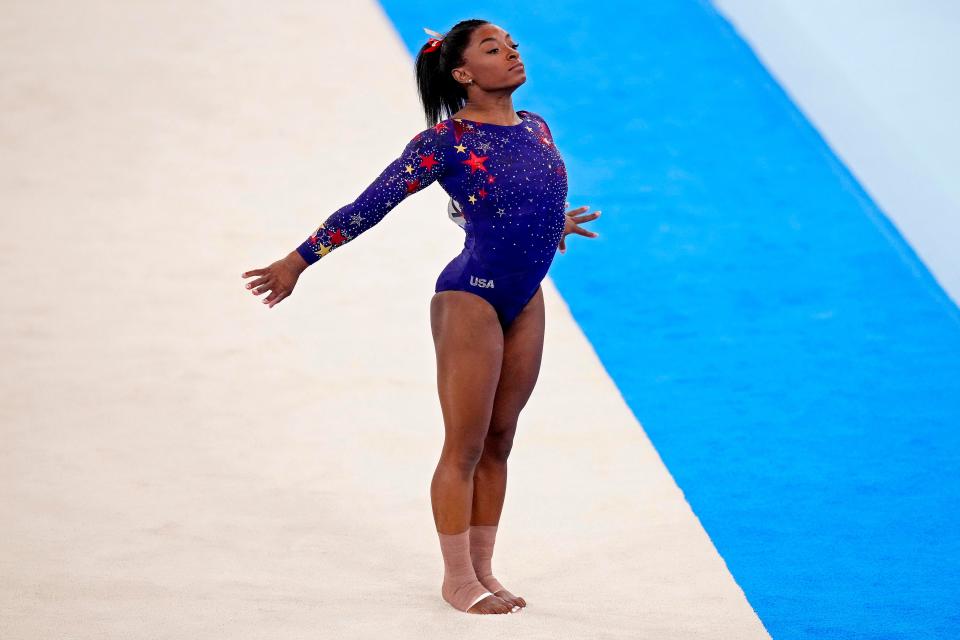
"I have to put my pride aside. I have to do what’s right for me and focus on my mental health and not jeopardize my health and well-being,” she told reporters after exiting the women’s team final on Tuesday. “That’s why I decided to take a step back."
Michael Phelps
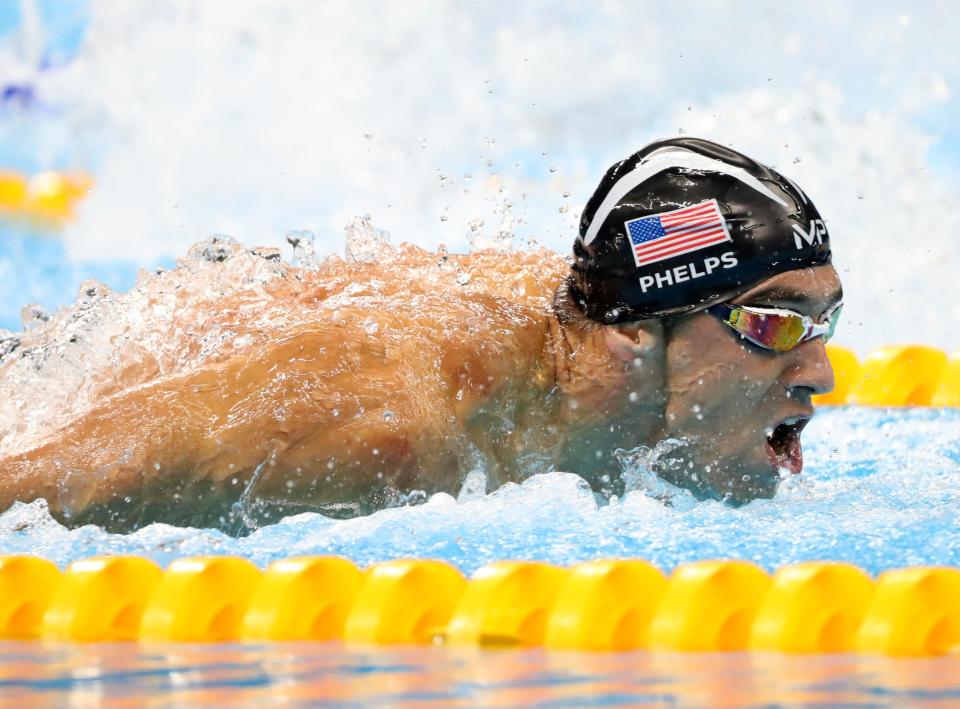
“Mental health over the last 18 months is something people are talking about,” Phelps said, in part, during a broadcast of the Tokyo Games. “We’re human beings. Nobody is perfect. So yes, it is OK not to be OK."
Phelps noted his personal challenges with mental health in a May 2019 tweet. "I struggled with anxiety and depression and questioned whether or not I wanted to be alive anymore," he wrote. "It was when I hit this low that I decided to reach out and ask for the help of a licensed therapist. This decision ultimately helped save my life. You don’t have to wait for things."
Naomi Osaka
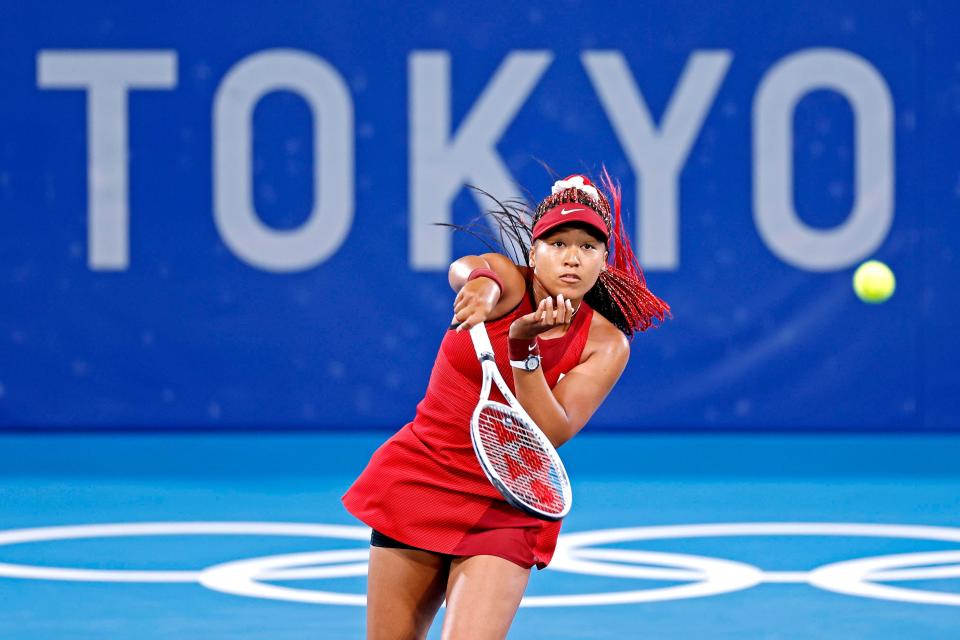
“I do hope that people can relate and understand it’s OK to not be OK, and it’s OK to talk about it,” Naomi Osaki wrote in TIME Magazine earlier this month. “There are people who can help, and there is usually light at the end of any tunnel.”
Cat Osterman
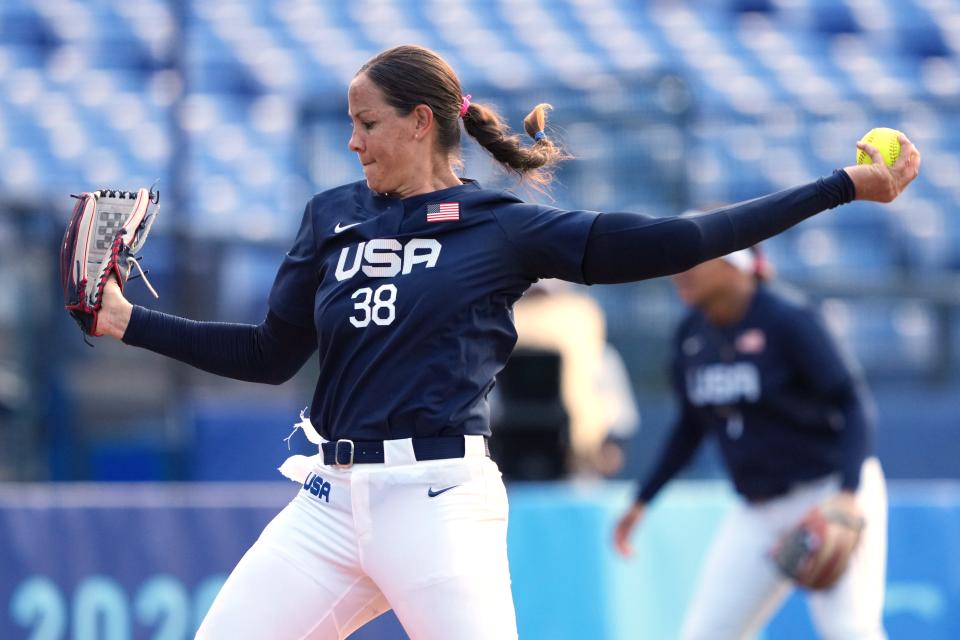
"I think the Olympics are a special situation [...] There is a common conception as an athlete that if you come home with less than silver it's a disappointment and you think you're going to go home and all of a sudden be 'less than' in people's eyes and I've experienced that," Osterman said during a recent press conference at the Tokyo Olympics. "I've experienced the mental health downside that went with it. Not something I've spoken about publicly, but as an athlete, when you have all that weight on your shoulders and if you don't have the right people in your corner or you're not tapping into them day-to-day, it's not the easiest thing to carry by yourself."
Katie Ledecky
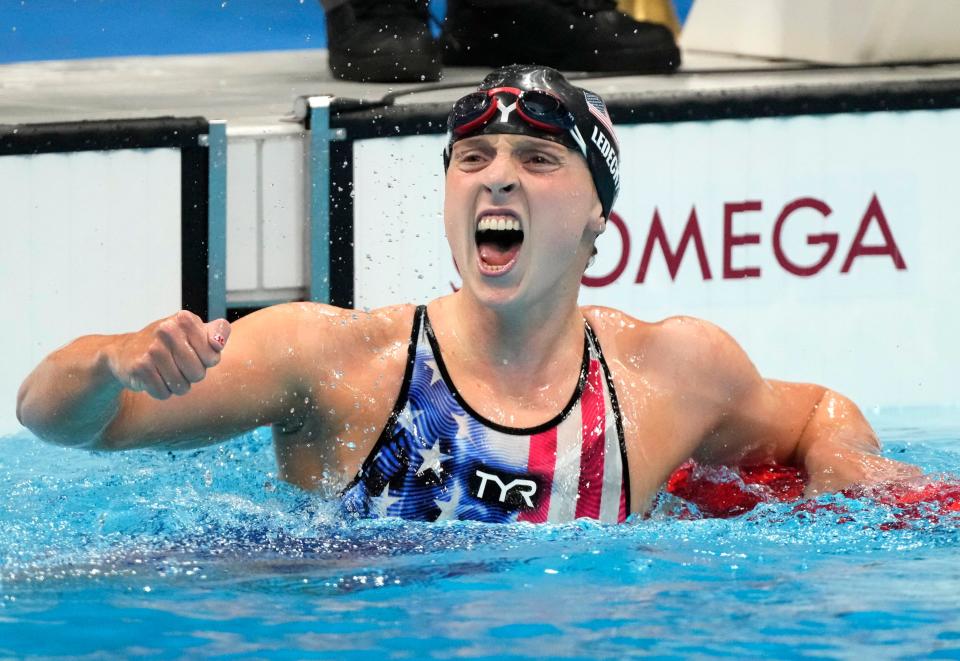
"Mental health is so important," Ledecky said during a recent press conference at the Tokyo Olympics. "Physical health is so important and it's no different being Olympians."
Team USA: Athletes show support for gymnast Simone Biles and mental health struggles
Noah Lyles
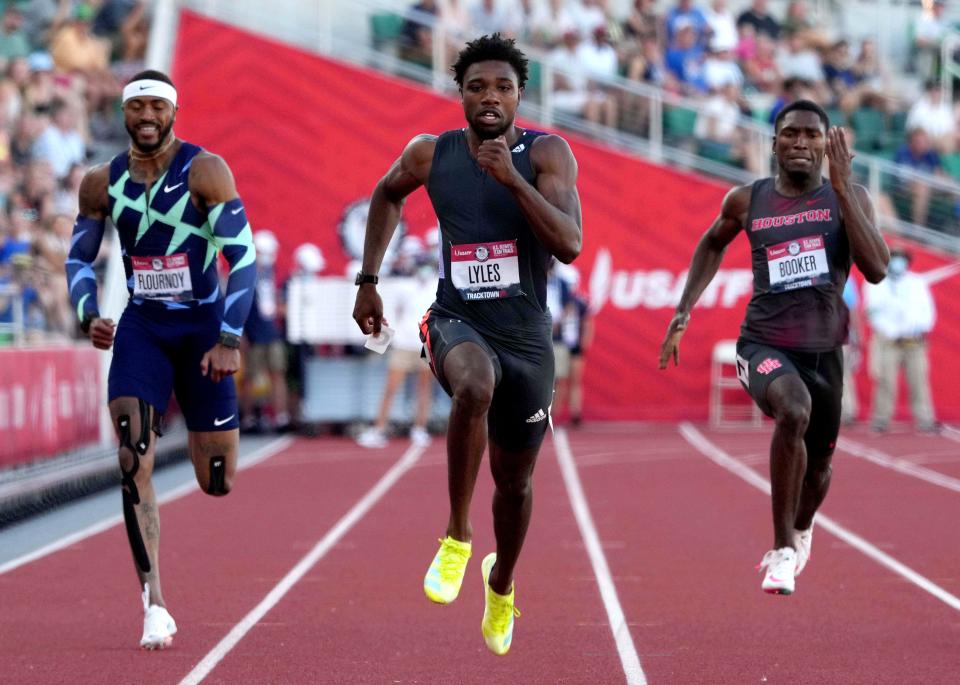
“Mental health is just a part of life,” Lyles told USA TODAY, in part, during a recent interview. “Just like the reason you go to a doctor is to make sure that your body is okay, the reason you go to a therapist or talk to somebody is to make sure your mind is okay.”
Sprinting: After hardest year of his career, Noah Lyles is trying to have fun again
April Ross

“I think mental health is huge,” Ross told USA TODAY, in part, during a recent interview. “I believe that mental health translates into physical health and performance.”
Beach volleyball: April Ross has unconventional approach in quest for Olympic gold
Monica Abbott
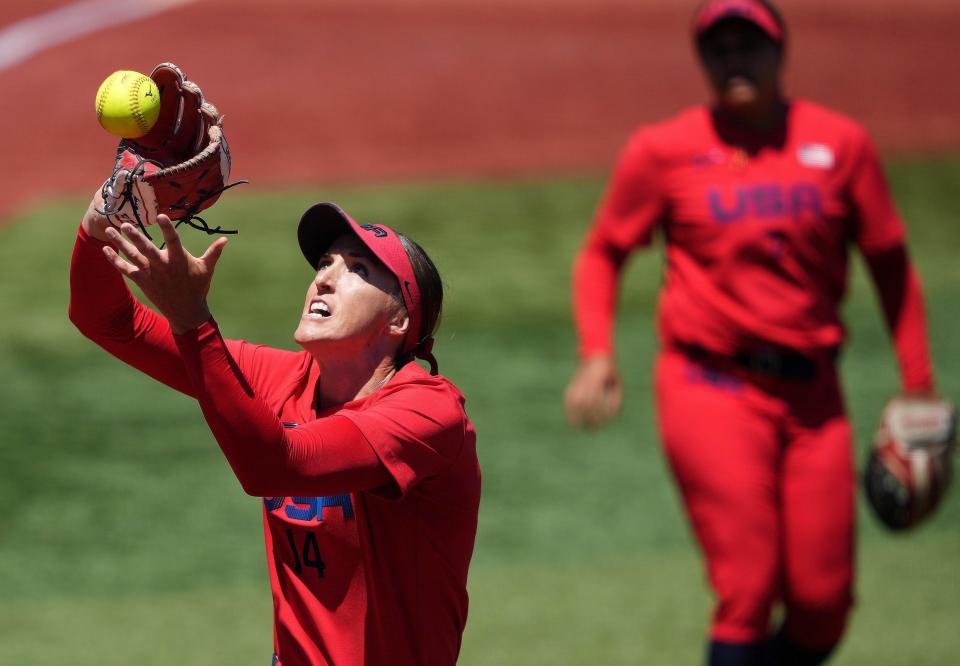
"People forget about the day-to-day grind and demands. [...] All that hype takes a toll on a person," Abbott said during a recent press conference at the Tokyo Olympics. "As athletes, we compete at such a high level. We vibrate at such a high energy level, that putting that in on a daily basis, on show for a stage, always being on, it can be difficult."
Sakura Kokumai
“I learned over this year that I, again, tend to train on my own and figure things out on my own, but I realized the importance of reaching out to people and just talking it through, or realizing it's okay to just ask for help sometimes,” Kokumai told USA TODAY, in part, during a recent interview.
US karateka: Sakura Kokumai took long, sometimes lonely road to Tokyo Olympics
Kevin Love
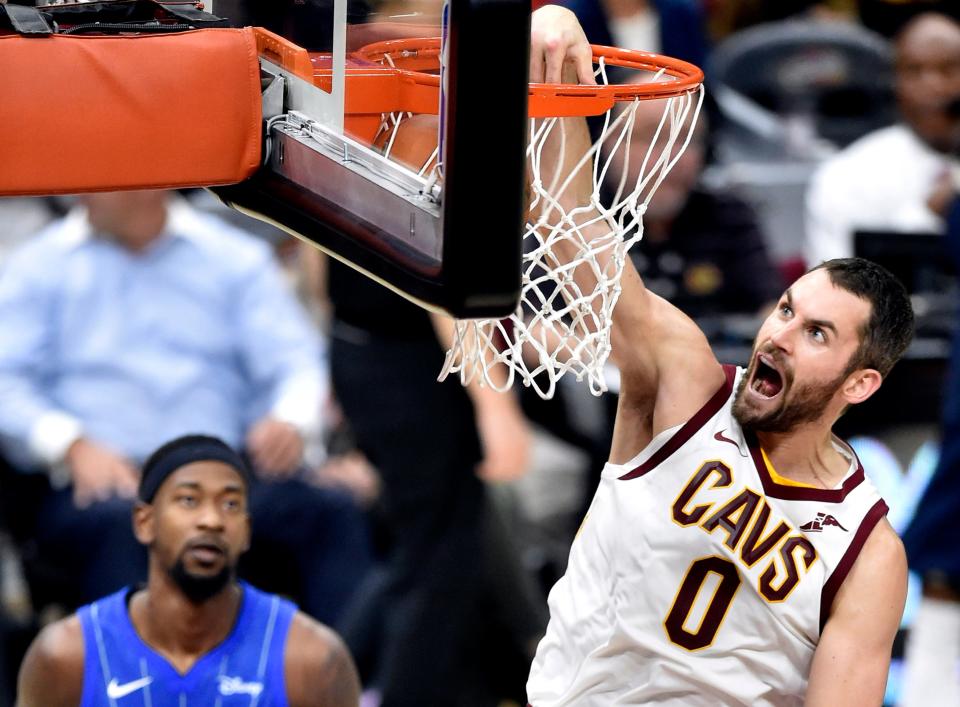
“I used to be a guy who kept to myself and was reluctant to share my life,” Love told USA TODAY Sports during a 2019 interview. “But that was me having quite a bit of social anxiety and the feeling of constantly having a threat and swimming upstream. So I figured I’m just going to live my life and share it, and by even sharing my story through mental health, it’s allowed me to help a lot of people.
Valerie Arioto
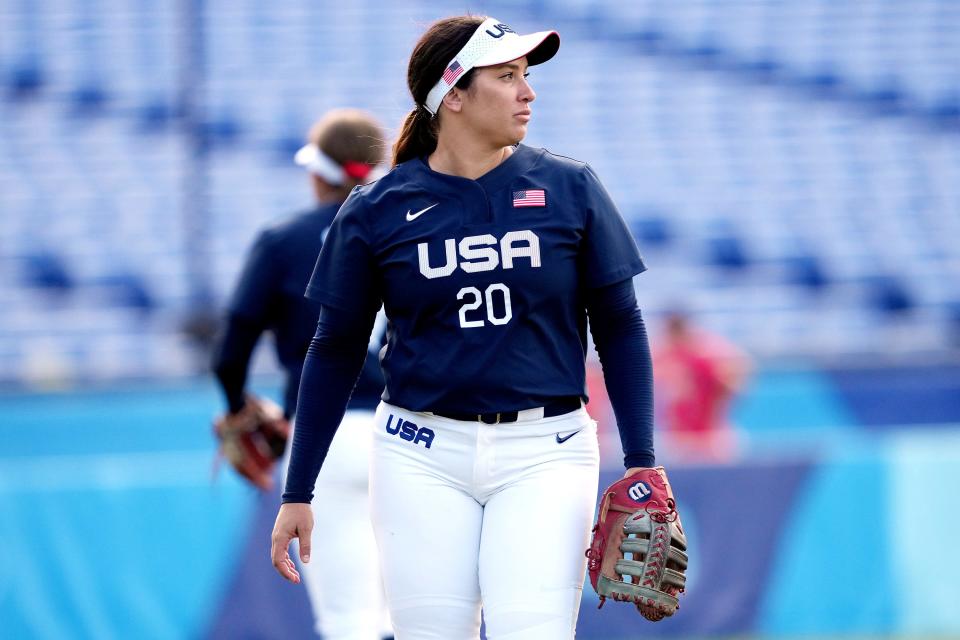
"This awareness to the topic of mental health is really going to help a lot of athletes and help just people, in general, be aware of their mental health during this time," Arioto said during a recent press conference at the Tokyo Olympics.
Dak Prescott
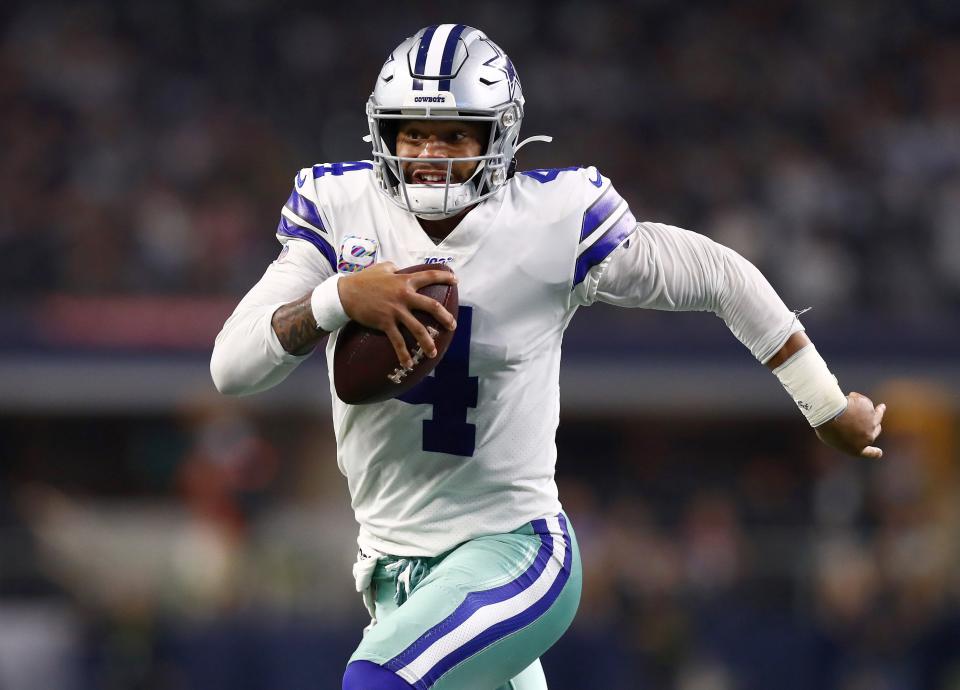
"I think that [it] is important to be vulnerable, to be genuine and to be transparent," Prescott said in a September 2020 interview with journalist Graham Bensinger. "That goes a long way when you are a leader and your voice is being heard by so many and you can inspire."
Ronda Rousey
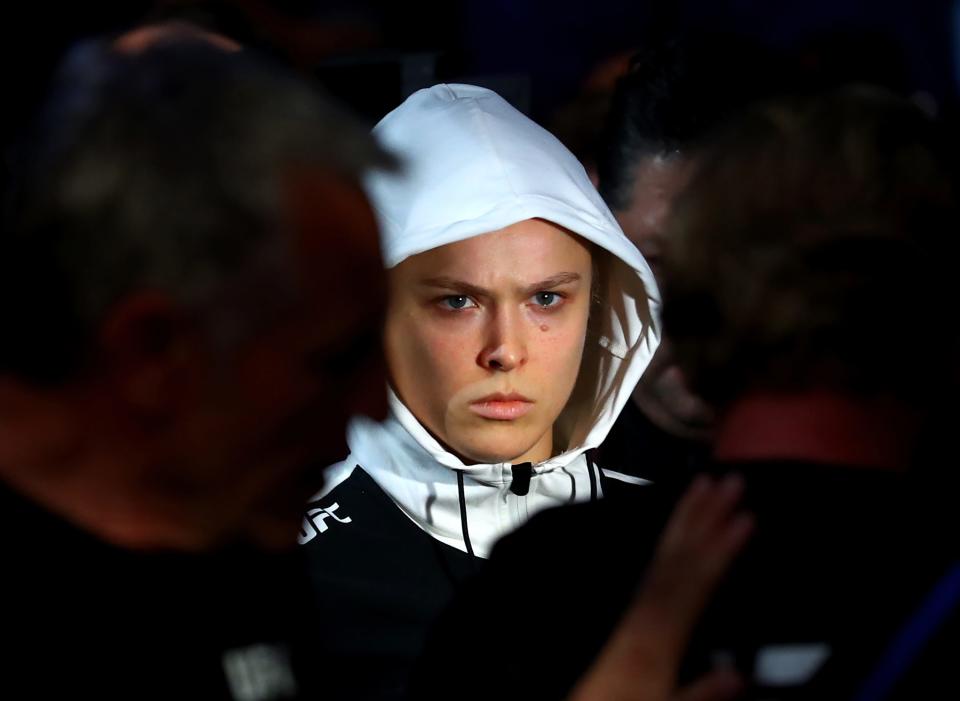
“It’s not a weakness we should condemn,” Rousey told The Huffington Post regarding her mental health struggles in a 2016 interview. “I’ve never shied away from talking about suicide or anything like that. It’s really heavily affected [my] family, and anything that I could do to make sure it affects as few people as possible, I’d be happy to do that.”
If you are going through a mental health emergency, The Crisis Text Line provides free, 24/7, confidential support via text message to people in crisis when they dial 741741.
If you or someone you know may be struggling with suicidal thoughts, you can call the U.S. National Suicide Prevention Lifeline at 800-273-TALK (8255) any time day or night, or chat online.
The American Foundation for Suicide Prevention has resources to help if you need to find support for yourself or a loved one.
This article originally appeared on USA TODAY: Simon Biles sparks mental health conversation for Olympians in Tokyo

